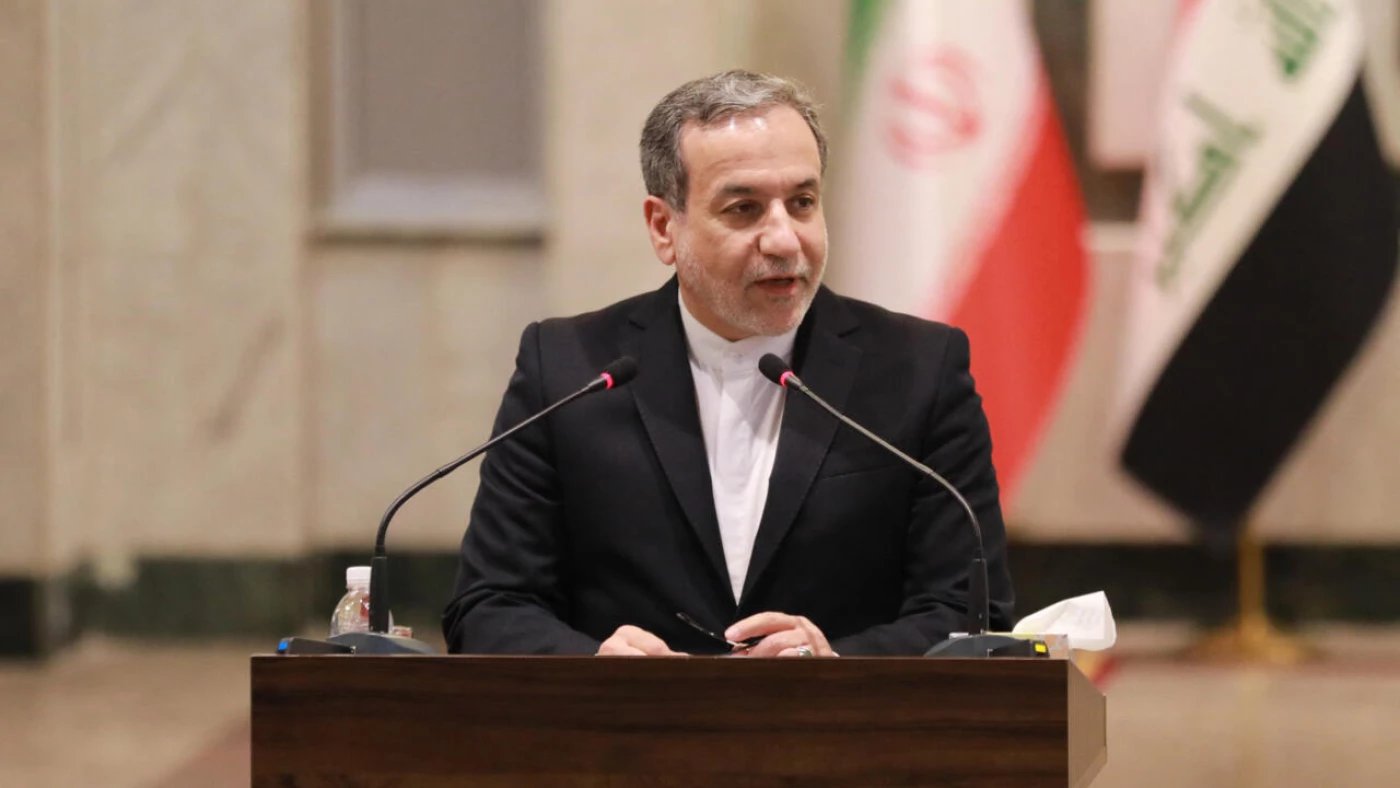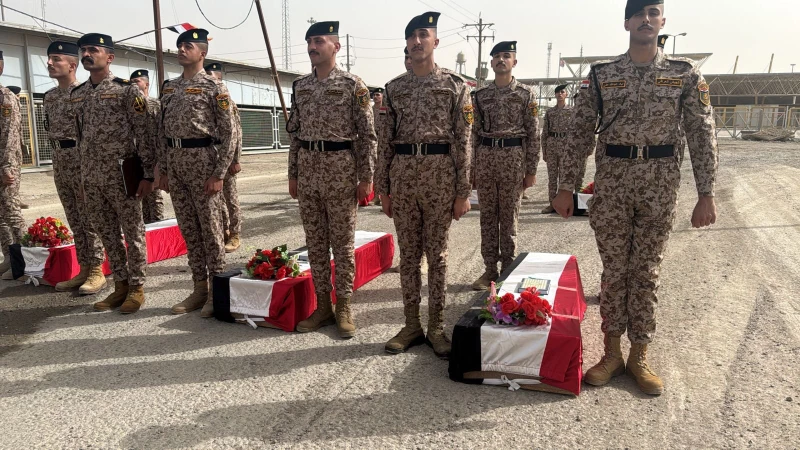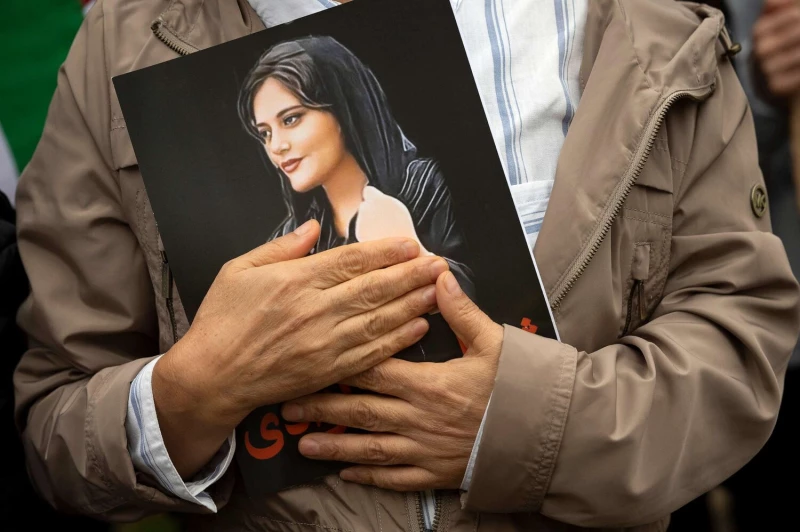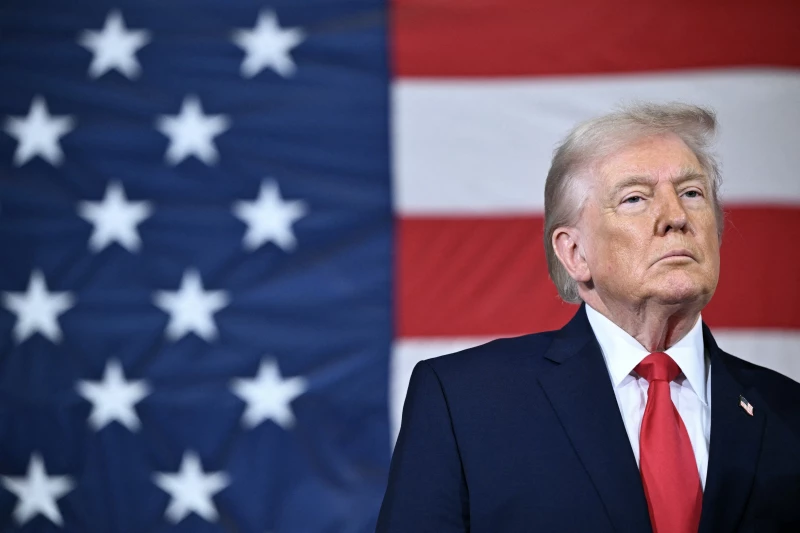LONDON, United Kingdom - The US-based Carnegie Endowment for International Peace has canceled a pre-scheduled speech by Iran's Foreign Minister Abbas Araghchi to its Nuclear Policy Conference.
Araghchi had been formally invited to virtually address the event on Monday.
Carnegie announced in a statement, however, that the Iranian minister's team had submitted requests to alter the agreed format, which "would have severely curtailed the ability of the moderator and the audience to question the foreign minister."
Reacting, the Permanent Mission of the Islamic Republic of Iran to the United Nations in New York offered a different account, regretting the decision, and turning the same argument back at the institute. "This cancelation follows the organizer's decision to alter the format of the keynote into a debate."
Prior to the new announcement, the original invitation had already drawn fierce criticism both in and outside the United States.
In a social media post, former Florida Governor Jeb Bush advised American think tanks against normalizing officials from "a regime which has plotted to kill President [Donald] Trump and other Americans."
'Smiling face of a bloodstained regime'
Similarly, Mike Wallace—a former US diplomat and the current director of the advocacy group United Against Nuclear Iran—called on the institute to revoke the invitation, describing the decision as a "disgrace."
In an X post, Wallace referred to Araghchi's affiliation with Iran's Islamic Revolutionary Guard Corps (IRGC), "a US-designated Foreign Terrorist Organization" and accused the Iranian minister of involvement in the IRGC-linked killing of Americans. "Araghchi is a smiling face of a bloodstained regime…which is seeking to fool the world," Wallace declared.
Iranian activists in the diaspora echoed similar calls, arguing that the institute was offering podium to the representative of a "repressive" regime, as they cited Iran's human rights record.
Others highlighted Tehran's nuclear ambitions and its regional agenda as two "threats" against regional and global security, which in their view, contradict the think tank's mission of promoting international peace.



 Facebook
Facebook
 LinkedIn
LinkedIn
 Telegram
Telegram
 X
X


